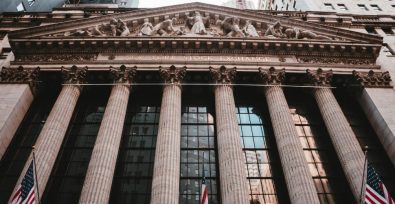As Shein confidentially files for a U.S. initial public offering to raise funds on the U.S. stock exchange, questions about forced labor in its supply chain resurface, casting a shadow over the much-anticipated public debut. The China-based e-commerce giant, valued at a potential $90 billion, faces scrutiny from lawmakers and activists, reigniting demands for transparency regarding its manufacturing practices.
Calls for accountability
Critics have long voiced concerns that Shein, known for its low-priced apparel and home goods, may be linked to Uyghur forced labor, particularly in China’s Xinjiang region. The company, which manufactures most of its merchandise in China, denies such allegations, but lawmakers remain unconvinced. Regulatory hurdles loom large, with the U.S. Securities and Exchange Commission (SEC) expected to closely examine Shein’s supply chain practices before granting approval for the IPO.
Katherine Masters and Arriana McLymore for Reuters report,
Shein has previously told Reuters it has no contract manufacturers in Xinjiang.
A spokesperson for the SEC said the agency does not comment on any individual entity’s filings.
Megan Penick, a public securities lawyer at Michelman & Robinson, said it is unlikely to see a “direct block” from the SEC, but the agency could make the process difficult for Shein by making “the disclosure requirements so detailed, and, perhaps extreme, that it makes it seem … trying to go public cannot be achieved.”
“There may be issues with the forced labor allegations and the IP (intellectual property) issues that may make it hard for (Shein) to be able to answer the questions to the satisfaction of the SEC,” Penick said.
Representative Jennifer Wexton, a vocal critic of Shein’s labor practices, insists that the company must substantiate its claims of a clean supply chain. A bipartisan call earlier this year, led by Wexton, urged the SEC to halt Shein’s IPO until forced labor concerns are thoroughly addressed. The company’s lobbying efforts, totaling $1.28 million this year, have not shielded it from intensified scrutiny.
Industry precedent and future implications
Shein’s IPO, if successful, could set a precedent for other Chinese companies eyeing U.S. public offerings. The SEC’s handling of the forced labor allegations against Shein may establish new benchmarks for disclosure requirements, especially for enterprises with ethical considerations.
Despite assurances of a zero-tolerance policy for forced labor, Shein’s public image remains under a cloud of skepticism. Freedom United believes that, as a leading fashion brand that has reshaped the fast fashion landscape, Shein has a responsibility to do more than proclaim zero tolerance for forced labor. Investors should approach Shein’s offerings with extreme caution.
Take action
If like thousands of Freedom United community members, you are concerned about Shein’s dubious practices, join us and take action today.





Freedom United is interested in hearing from our community and welcomes relevant, informed comments, advice, and insights that advance the conversation around our campaigns and advocacy. We value inclusivity and respect within our community. To be approved, your comments should be civil.